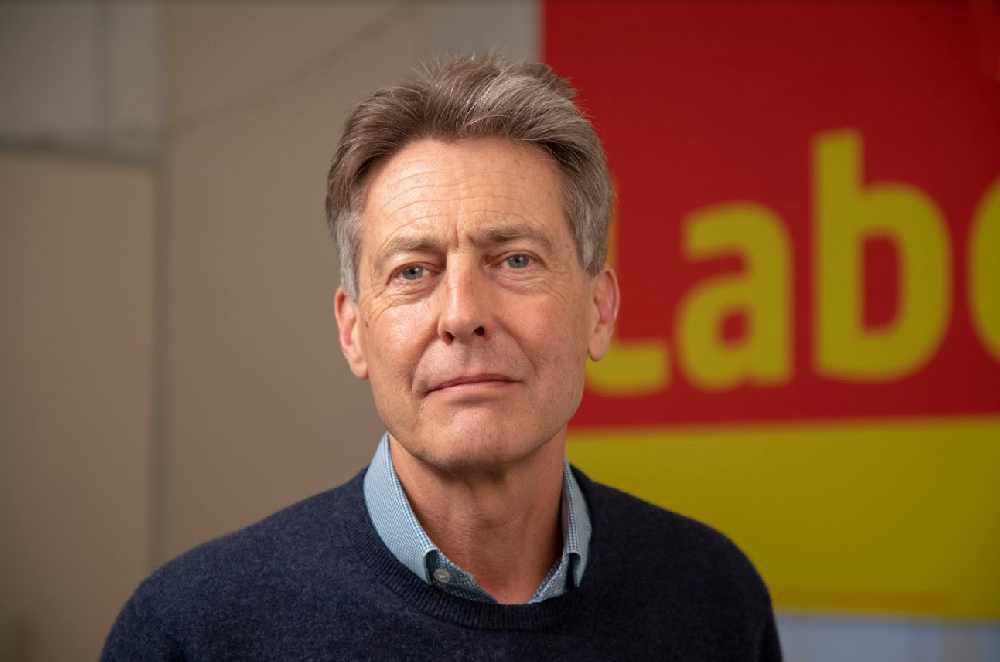
Response to pandemic is "shambolic"
Ben Bradshaw, the Labour MP for Exeter, has a lot to say about how the government has handled the coronavirus pandemic.“Three out of ten. At best, he says. "The actual response to the pandemic has been shambolic, unpredictable, veered all over the place and full of over promising and under delivering.”
A former health minister, Mr Bradshaw has called the repeated failure of the government to be ahead of the curve and anticipate events scandalous. He says the buck has to stop with the prime minister who has proven himself to be unqualified for the task.
Mr Bradshaw said alarm bells for him began to ring loudly when he was in Italy in February and saw how they were handling the pandemic.
“There were reports in the media about this mysterious virus before that and I think we were so wrapped up in the aftermath of the general election and Brexit that I think we weren’t as a country we weren’t very quick to realise what was coming to hit us. But if you listened at the time to various medical experts or read journals like the Lancet, then alarm bells might have been ringing earlier.
“Co-incidentally I happened to go to Italy for the February half-term and when we arrived at Catania Airport, we were temperature-checked on arrival, and I thought, that’s interesting, as there was absolutely nothing going on in the UK whatsoever, and of course, we know what happened.
“The first wave hit Italy first in the ski resorts and elsewhere and then spread like wildfire to the rest of Europe and the rest of it is history, so it is extraordinary thinking back a year that the whole of 2020 has been dominated by this dreadful pandemic.”
It was a month later before the UK went into its first lockdown, and Mr Bradshaw said: “There is a general consensus that we were far too slow to act. We went into the first lockdown two or three weeks too late and been well documented that thousands of lives could have been saved had we gone into that lockdown earlier.
“Because I have friends and family in Italy I was watching in horror what was happening with the hospitals filling up and not just old people getting ill and dying, but young otherwise healthy people, and we were still fiddling around in Britain.
“We did get the numbers well down in the summer and I would have thought it would have been unsustainable to have maintained those restrictions throughout the summer given the numbers were coming down, but when they started going up, again it seemed the government did too little, too late."
Mr Bradshaw says he has raised serious questions of what the £12 billion spent on test and trace has actually been spent on, given the country has been through a second lockdown and could be on the verge of entering a third.
“It’s absolutely scandalous that test and trace is completely failing,” he said. “The tracing element is a disaster. Billions and billions of tax payer’s money has been spent on this privatised system run by a crony of the government with no obvious experience or qualification to do the job.
“It’s done an appalling job and the levels of compliance with self-isolation is incredibly low and they are only tracing a fraction of the people, so we cannot afford another national lockdown before we are rescued from a vaccine but if the government doesn’t do better, then I fear that’s where we are heading.”
Asked why people are not complying with some of the restrictions, and the requirement to self-isolate, he said: “I think there are three reasons for that. One is that people can’t afford to do it as the level of income support is not sufficient for them to survive and feed their families. The second is the loss of trust because of Dominic Cummings – one rule for them and one for the rest of us.
“And the third is because of the government’s obsession with this privatised and centralisation approach using huge national call centres that don’t know local areas instead of using existing public health expertise that we have at local level.
“Where the local government has been doing the tracing, they have had a contact tracing rating of 97 per cent, even going and knocking on people’s doors. You can’t do it all using a centralised telephone system, not least when a lot of people, including me, don’t answer the phone when we get a withheld number or an anonymous number that we don’t recognise, so the whole system has been hampered by the government’s obsession with over centralisation, privatisation and handing out these multi-billion pound contracts to the favourites of ministers.
“Look at how well they dealt with and eradicated the Exeter University spike in September and October. That is a very good example of where the partnership working in Devon has been highly successful as it’s been locally driven. They’ve basically ignored what the government has been saying and have been doing their own thing and much more successfully as a result.
“The secret, the big secret, was the university many months beforehand commissioned their own private testing system so they did not have to rely on the disastrous failing national government one. I think the vice chancellor of the university working with Public Health Devon did a fantastic job, and the students did very well in adhering to the rules.
“It goes back to the terrible habit that the government had all the way through of over promising and under delivering and preferring big, glossy, visual PR projects like the Nightingales, which made great telly for the secretary of state to go and open but didn’t address the real need we had at the time.
“Exeter’s Nightingale is one of the few that has actually been used. Most of them have stood empty. I just hope countless lessons are learnt as a result of this, but very depressing at how poor the government has been at learning the lessons and they have kept repeating the same mistakes.”
Devon has fared far better than other areas of the country, and remains the area in England with the lowest death rate. Only Cornwall, the Isle of Wight, Dorset and Wiltshire have had lower infection rates than Devon throughout the pandemic, and at lower tier level, the South Hams, Torridge, Teignbridge, West Devon and Mid Devon are among the bottom ten areas in England.
Asked why Devon has fared better than some other counties, Mr Bradshaw said there was a number of reasons. He said: “Firstly the nature of Devon as a county. It has tended to be the more peripheral and sparsely populated areas that have done best simply because there aren’t vast numbers of people living on top of each other is cramped conditions moving around.
“Secondly, I think the timing of the measures that were taken benefitted us as after the initial small spike in Torbay of holidaymakers who came back from ski holidays, we had very low numbers in the beginning and our numbers were still low when the first lockdown kicked in and they stayed low, and that has been really helpful for us.
“And we have had superb collaborations between our local authorities, the health service, and our public health officials and they have been in the forefront of doing some of the work on contact tracing long before it was happening elsewhere, and they have been ahead of the problems we have had.”
Asked for a rating of the government's response out of ten, he said: “I’d give them at the most three. The only thing that has been reasonably successful has been the economic support package but even that has been full of holes with millions of people left without support.
“The actual response to the pandemic has been shambolic, unpredictable, veered all over the place, and the buck has to stop with the PM and he is ultimately in charge and he sets the tone, and I’m afraid its revealed Mr Johnson as someone who is not across the detail and he is not able to take unpopular decisions in the timely manner, which sometimes you have to do as a PM.”
One unpopular decision though that he has taken is the cancellation of Christmas for people living in Tier 4 areas, and the relaxation of the rules from five days to just Christmas Day for the rest of England, but Mr Bradshaw said that changing of Christmas rules have left him never having felt so angry with the prime minister.
He said: “I don’t think I have ever felt so angry with this Prime Minister. He never learns. Always over promising and under delivering. Millions of people were encouraged by him to make plans to see family and friends for Christmas, even though he knew cases were soaring and now all these people’s plans have had to be scrapped.”
Mr Bradshaw “When it is all over, there needs to be a fair and just reckoning between the ages as young people have paid a huge price and have been far more economically and socially impacted and affected by this and will have to the devastating fiscal effects to deal with for the rest of their lives.”
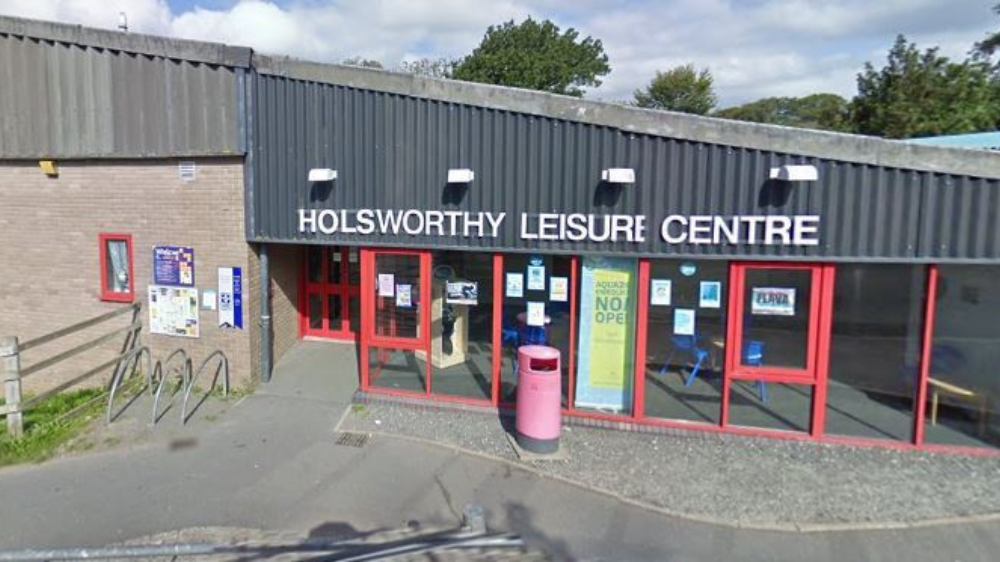 Torridge taxpayers safe from leisure collapse
Torridge taxpayers safe from leisure collapse
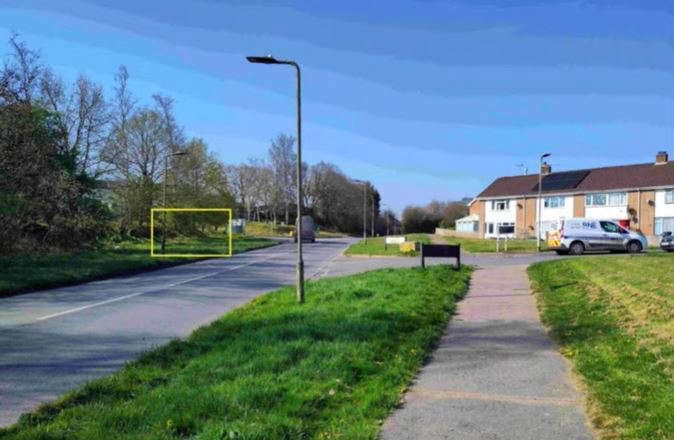 West Devon planners say no to net-zero plans
West Devon planners say no to net-zero plans
 East Devon theatre needs your help
East Devon theatre needs your help
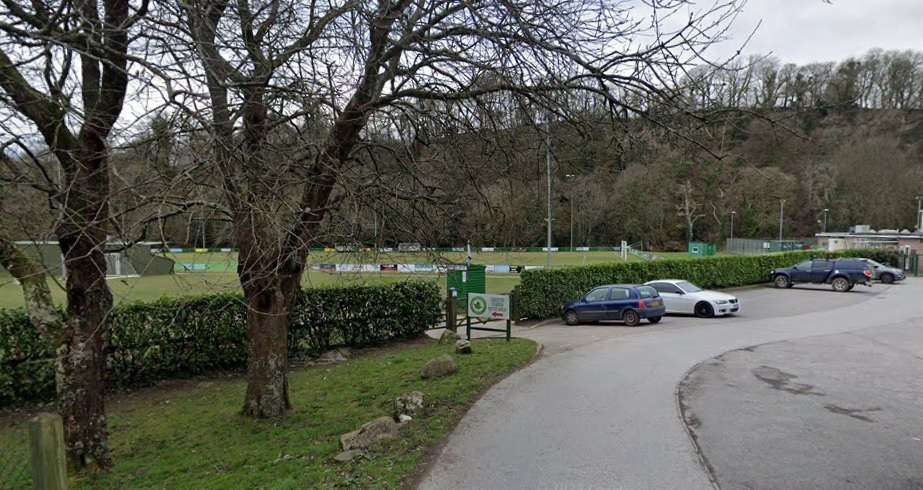 Ivybridge football project given go ahead
Ivybridge football project given go ahead
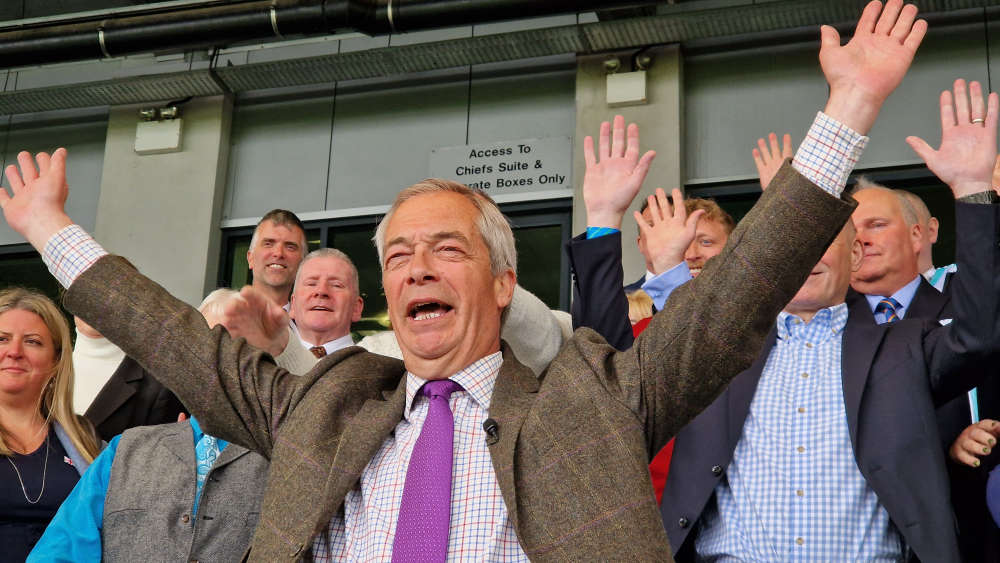 Farage condemns Devon's 'woke' Tories
Farage condemns Devon's 'woke' Tories
 Dangerous voyeur jailed
Dangerous voyeur jailed
